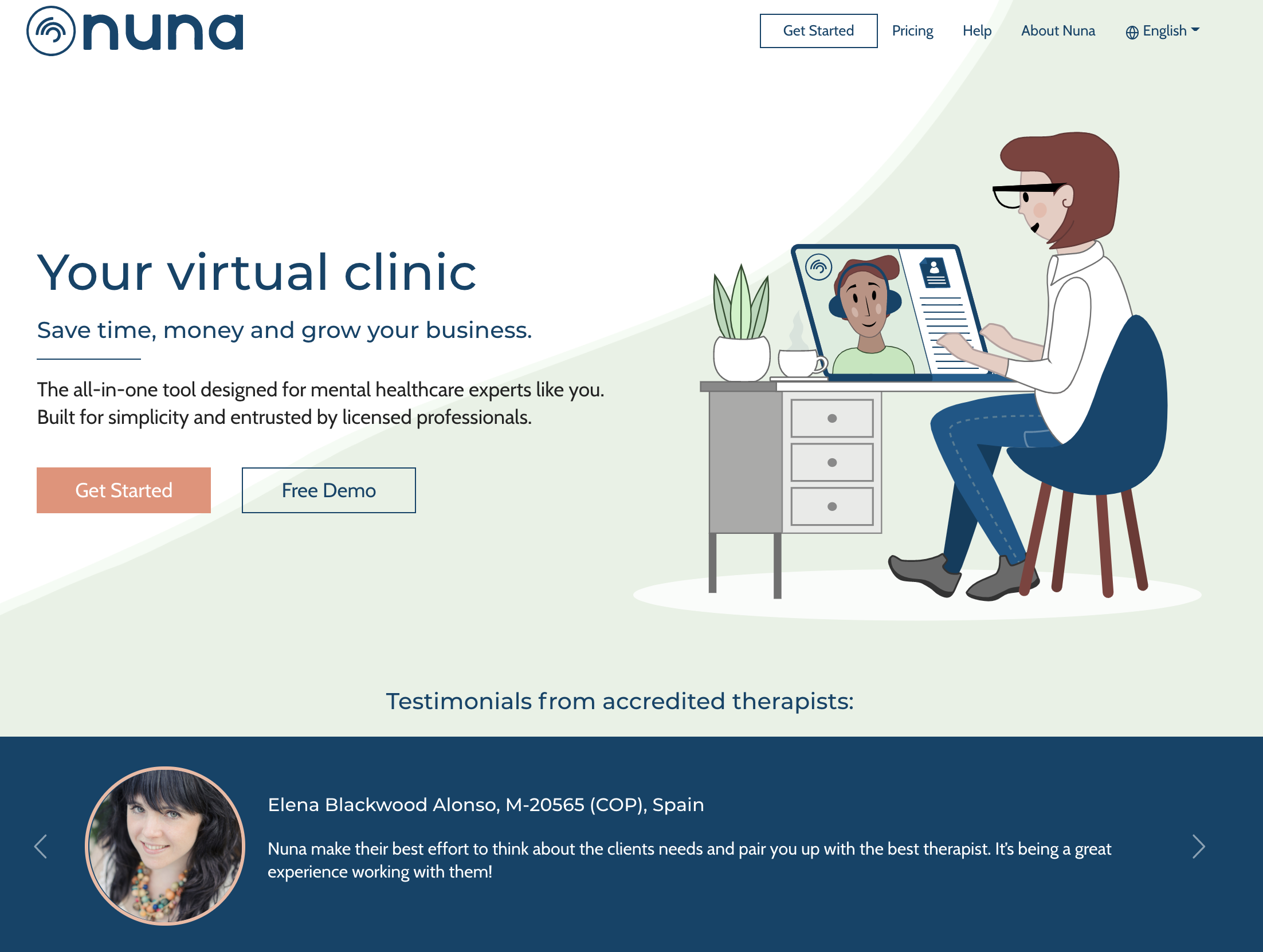Boosting Productivity: Tomorrow with Software Solutions
In today's rapidly evolving healthcare environment, the effectiveness and efficiency of medical practices are increasingly crucial than before. As patient expectations rise and regulatory demands increase, healthcare providers must leverage all accessible tool to optimize operations and improve patient care. This is where practice management software excels, positioning itself as a essential resource for modern medical practices aiming to boost productivity.
The future of medical practice is rapidly intertwined with technology, and practice management software is at the forefront of this transformation. By automating administrative tasks, improving communication, and facilitating improved patient engagement, these systems enable healthcare professionals to concentrate on the most important aspects — delivering exceptional care to their patients. As we examine the various benefits and innovations of practice management software, it is clear that adopting these tools is more than a passing fad but a fundamental evolution in the medical field.
Key Features of Practice Management Software
A primary aspects of practice management software is the ability to schedule appointments. This aspect enables medical practices to efficiently manage patient appointments, lessening scheduling conflicts and promoting optimal utilization of time. With intuitive interfaces, staff can quickly book, reschedule, or cancel appointments, while patients often benefit from online booking options that boost their experience. This efficient system not only boosts operational efficiency but also heightens patient satisfaction.
Another important aspect is electronic billing and claims management. Practice management software simplifies the billing process, making it less complicated for healthcare providers to submit claims to insurance firms and track payments. By reducing the time and effort necessary for billing, this feature reduces errors and improves cash flow. It also provides transparency for patients regarding their financial obligations, leading to better trust and communication between providers and their patients.
In addition, many practice management systems include powerful reporting and analytics tools. Such tools allow healthcare providers to gain insights into their operations, finances, and patient demographics. By reviewing data, practices can detect trends, improve workflow efficiencies, and make data-driven decisions that foster growth and enhance patient care. This methodical strategy to data utilization prepares medical practices to adapt to changing industry demands successfully.

Benefits of Implementing Clinical Administrative Systems
One of the primary advantages of practice management software is its ability to simplify administrative tasks, allowing medical professionals to concentrate more on providing care to patients. By automating appointment scheduling, invoicing, and patient interactions, healthcare providers can reduce the time spent on office work. This savings in time leads to improved workflow and decreases the likelihood of human error, ensuring that patients receive prompt care and billing processes are managed efficiently.
Another significant benefit is the enhancement of data management and availability. Practice management software consolidates medical records, treatment data, and billing details, making it readily available to authorized staff. This improved access facilitates enhanced decision-making and collaboration among healthcare teams. Additionally, with online solutions, medical professionals can retrieve this critical information from any location, ensuring consistent patient care and support for working from home or telehealth services.
Moreover, practice management software often features analytical tools that enable practices to track performance metrics and patient outcomes. By using data analytics, healthcare providers can identify trends, optimize resource allocation, and make data-driven decisions to improve practice efficiency. Ultimately, this data-driven approach not only improves operational effectiveness but also promotes superior patient satisfaction and outcomes, reinforcing the value of implementing practice management software.
Future Developments in Clinical Management Solutions
As technology continues to advance, clinical management software is ready to embrace cutting-edge features that improve productivity and patient care. One key development is the adoption of AI. Artificial intelligence can streamline clerical tasks, such as scheduling and billing, lowering the burden on healthcare staff. By automating standard processes, healthcare providers can focus more on patient interactions, ultimately resulting in enhanced care.
Another significant trend is the increasing focus on virtual care within practice management solutions. As virtual care becomes an essential component of healthcare, solutions will more frequently integrate tools that enable virtual appointments, patient monitoring, and post-visit care. This incorporation not only enhances patient access but also allows clinics to refine their processes and handle schedules more effectively.
Lastly, the prospects of practice management solutions will likely involve advanced data analytics options. With a focus on large datasets, clinics can gain insights into demographic data, treatment outcomes, and operational efficiencies. These data insights will aid evidence-based decision-making, enabling clinicians to customize their treatments to address their community. This development will not only enhance productivity but also foster a more individualized approach to healthcare delivery.